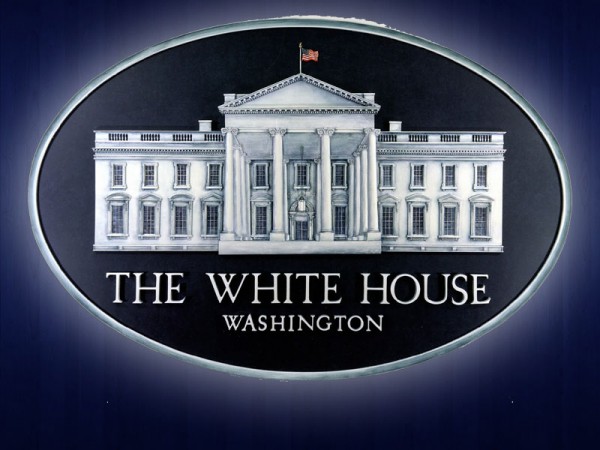DETROIT (AP) — Ford Motor Co. will pay a penalty of up to $165 million to the U.S. government for moving too slowly on a recall and failing to give accurate recall information.
The National Highway Traffic Safety Administration says in a statement Thursday that the civil penalty is the second-largest in its 54-year history. Only the fine Takata paid for faulty air bag inflators was higher.
The agency says Ford was too slow to recall vehicles with faulty rearview cameras, and it failed to give the agency complete information, which is required by the Federal Motor Vehicle Safety Act.
Ford agreed to a consent order with the agency that includes a payment of $65 million, and $45 million in spending to comply with the law. Another $55 million will be deferred.
“Timely and accurate recalls are critical to keeping everyone safe on our roads,” NHTSA Deputy Administrator Sophie Shulman said in the statement. “When manufacturers fail to prioritize the safety of the American public and meet their obligations under federal law, NHTSA will hold them accountable.”
Under the order, an independent third party will oversee the automaker’s recall performance obligations for at least three years.
Ford also has to review all recalls over the last three years to make sure enough vehicles have been recalled, and file new recalls if necessary.
The company also must review and change its recall decision-making process, improving the way it analyzes data to find safety defects in its vehicles.
Ford says it will invest the $45 million into advanced data analytics, a new document system, and a new testing lab.
“We appreciate the opportunity to resolve this matter with NHTSA and remain committed to continuously improving safety,” Ford said in a statement.


















